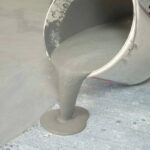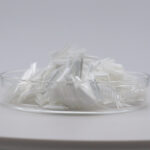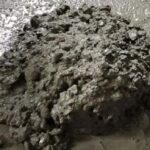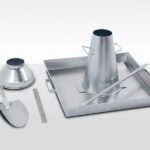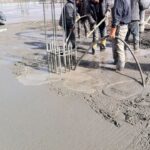In this article, we will explore the performance of concrete superplasticizers and the impact of their dosage on concrete quality.
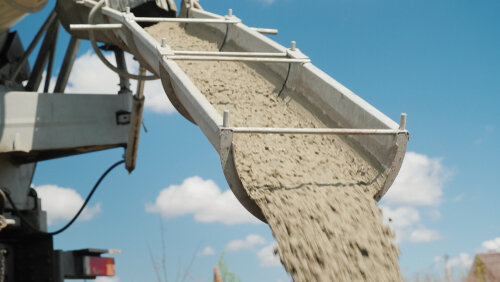
The concrete superplasticizer (F-02) developed by Fuluorui is a new generation high-performance admixture. It possesses characteristics such as low dosage, high water reduction, enhanced concrete strength, low alkali content, low shrinkage, high slump, and environmental friendliness.
The concrete superplasticizer (F-02) is compatible with different types of cement and does not corrode steel reinforcement. It is widely used in concrete projects such as highways, bridges, tunnels, water resources and hydroelectric engineering, ports, skyscrapers, electrical engineering, and industrial/civil buildings.

Effect of dosage of superplasticizer on quality performance of concrete.
Impact of superplasticizers on compressive strength of concrete:
Compressive strength is a key mechanical property of concrete. The strength of concrete affects its other properties. When superplasticizers are added to concrete, the water-to-cement ratio significantly decreases, reducing the number of pores in the cement paste. This leads to a denser and finer cement matrix, resulting in an increase in the compressive strength of the concrete.
Impact of superplasticizers on durability of concrete:
Freeze-thaw resistance:
The water-to-cement ratio and the volume of entrained air have a significant impact on the freeze-thaw resistance of concrete. Generally, when 2% of air is entrained in the concrete, its durability can be appropriately optimized and improved. However, if the air content exceeds 6%, it may reduce the strength of the concrete and affect its durability. The optimal air content is typically within the range of 2% to 5%.

Effect on reinforcement corrosion:
Reinforced concrete structures are commonly used in modern construction, and the strength, stability, and durability of these structures are related to the carbonation of concrete. The presence of carbon dioxide in the air can cause corrosion in concrete, gradually converting the calcium hydroxide within the concrete into calcium carbonate, leading to a loss of alkalinity. The use of superplasticizers in concrete can effectively control the rate of carbonation, significantly reducing the corrosion of steel reinforcement and ensuring long-term durability of the concrete.
Impact on impermeability:
The water-to-cement ratio is related to the permeability of concrete. When the water-to-cement ratio is greater than 0.55 and cannot achieve the desired workability, the concrete structure may be vulnerable to damage, and the permeability of the concrete will also be affected.
Effect on setting time of concrete:
The setting time of concrete is crucial in practical construction. By appropriately adding retarding agents, the setting time of concrete can be effectively controlled. However, when the dosage of superplasticizers exceeds a specific limit, it may affect the setting time of the concrete and even result in failure to set properly.
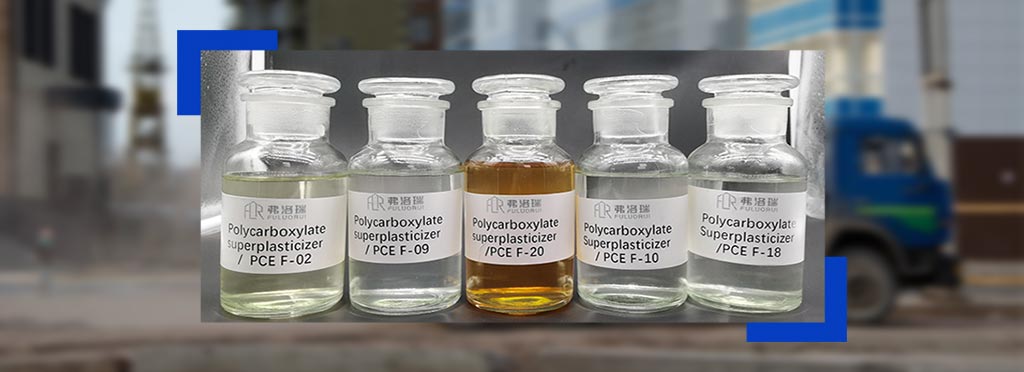
The high-performance superplasticizer (F-02) for concrete can effectively optimize and adjust the properties of concrete, improving its strength, quality grade, durability, and reducing cement costs. This, in turn, enhances the overall structural integrity and performance of concrete. It is essential to choose the right superplasticizer and use it in the correct dosage to fully leverage its advantages.


